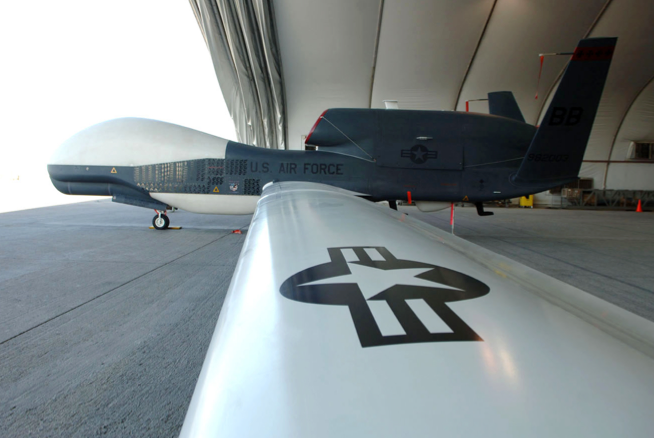
A team of UNL software engineering researchers has earned a nearly $4 million grant from the U.S. Air Force's Office of Scientific Research for a project to help the Air Force find and fix faults in modern military systems.
Military systems are a complex assembly of hardware systems, software systems and human beings all interacting to achieve an overall mission objective, said Matthew Dwyer, professor and Hensen chair of software engineering.
"A failure in any single system component or in the interaction among system components or users can lead to mission failure," Dwyer said. "To date, much of the assessment of quality of such systems has focused on the correct operation of hardware and software components, but human beings play an integral role in achieving correct system operation."
The project will develop methods for modeling how people interact with software and hardware components and with each other in order to analyze the quality of the system as a whole, Dwyer said.
"This will enable system developers to locate faults and fix them, leading to more dependable systems," he said.
The project, which began this month, is scheduled to be completed at the end of August 2014 by UNL's ESQuaRed team. ESQuaReD stands for the Laboratory for Empirically-based Software Quality Research and Development, part of the Department of Computer Science and Engineering.
Gregg Rothermel, the Jensen chair of software engineering, whose work focuses on evolving systems, is the project's principal investigator. Other members of the team include: Sebastian Elbaum, who focuses on incorporating the user of software systems into methods for software testing and analysis; Dwyer, who specializes in mathematical modeling of computer-based systems; Myra Cohen, who analyzes highly configurable systems; Witawas Srisa-an, who works on embedded and real-time systems; and Anita Sarma, who explores the role of human collaboration in the process of developing software systems.
- Carole Wilbeck, Engineering